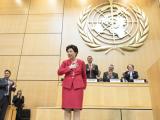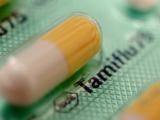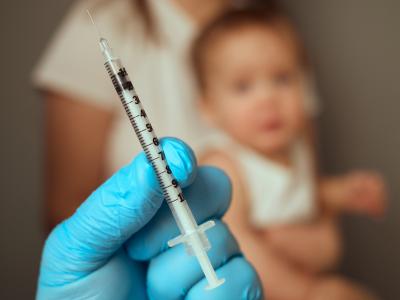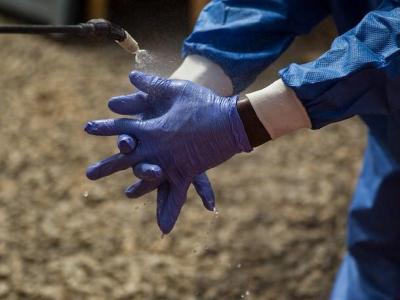South Korea may aid North Korea's flu fight
Today South Korean President Lee Myung-bak offered to send H1N1 vaccine to North Korea amid reports that the novel flu has killed dozens and is spreading fast in that nation, according to the Associated Press (AP). The Seoul-based aid group Good Friends reported that pandemic H1N1 has killed about 40 people in Sinuiju, near China, and 7 in the capital, Pyongyang. North Korea has yet to confirm any H1N1 outbreak. South Korea is studying ways to send the vaccine without conditions.
Vaccine inequality may pose security threat
Shortages of H1N1 vaccine in developing nations may pose a global security risk if the pandemic worsens, David Heymann, a former World Health Organization (WHO) official, told Bloomberg News. "Globally I think we're not probably as prepared as we need to be in more equitable access to vaccines," Heymann said, adding that high mortality could lead to "extreme destabilization of global security." About 200 million vaccine doses have been donated to the WHO for use in 95 poorer nations.
http://www.bloomberg.com/apps/news?pid=20601110&sid=agzYPugYiGUgl
Dec 8 Bloomberg News article
Wary Europeans slow to get vaccinated
Concerns over vaccine safety and low death rates from pandemic H1N1 flu apparently are keeping European vaccination rates low, according to Bloomberg. Several nations have vaccination rates under 10%, compared with 20% in Europe in a typical flu season. Scandinavia, however, is reporting rates from 19% to 33%. Public concerns that the H1N1 vaccine may cause adverse effects have kept some Europeans from being vaccinated, which means Europe may have more doses to donate to other nations.
http://www.bloomberg.com/apps/news?pid=20601124&sid=alPm1GLywWRs
Dec 8 Bloomberg News article
Germany has excess vaccine to sell
Germany's health minister said yesterday that states have asked the federal government to sell 2.2 million doses of H1N1 vaccine to other nations, according to an Agence France-Press (AFP) story. Another possibility would be to donate the vaccine, which is available because of low demand. The country has ordered 20 million doses to arrive by the end of December and 50 million by the end of March. So far about 4 million Germans, or 5% of the population, have received the vaccine.

















